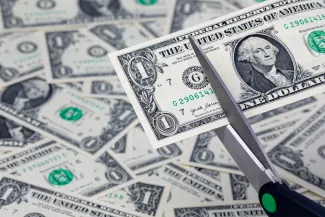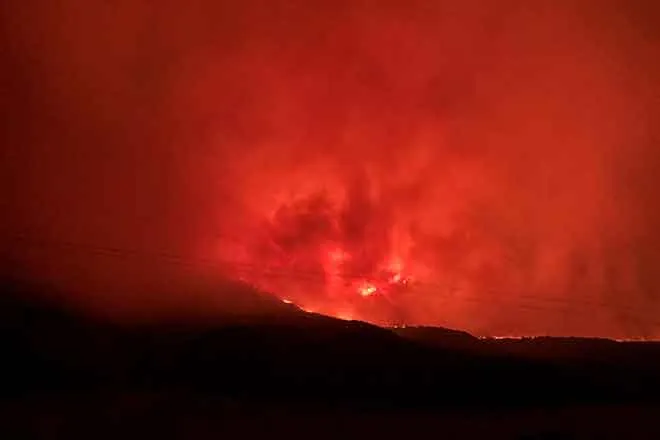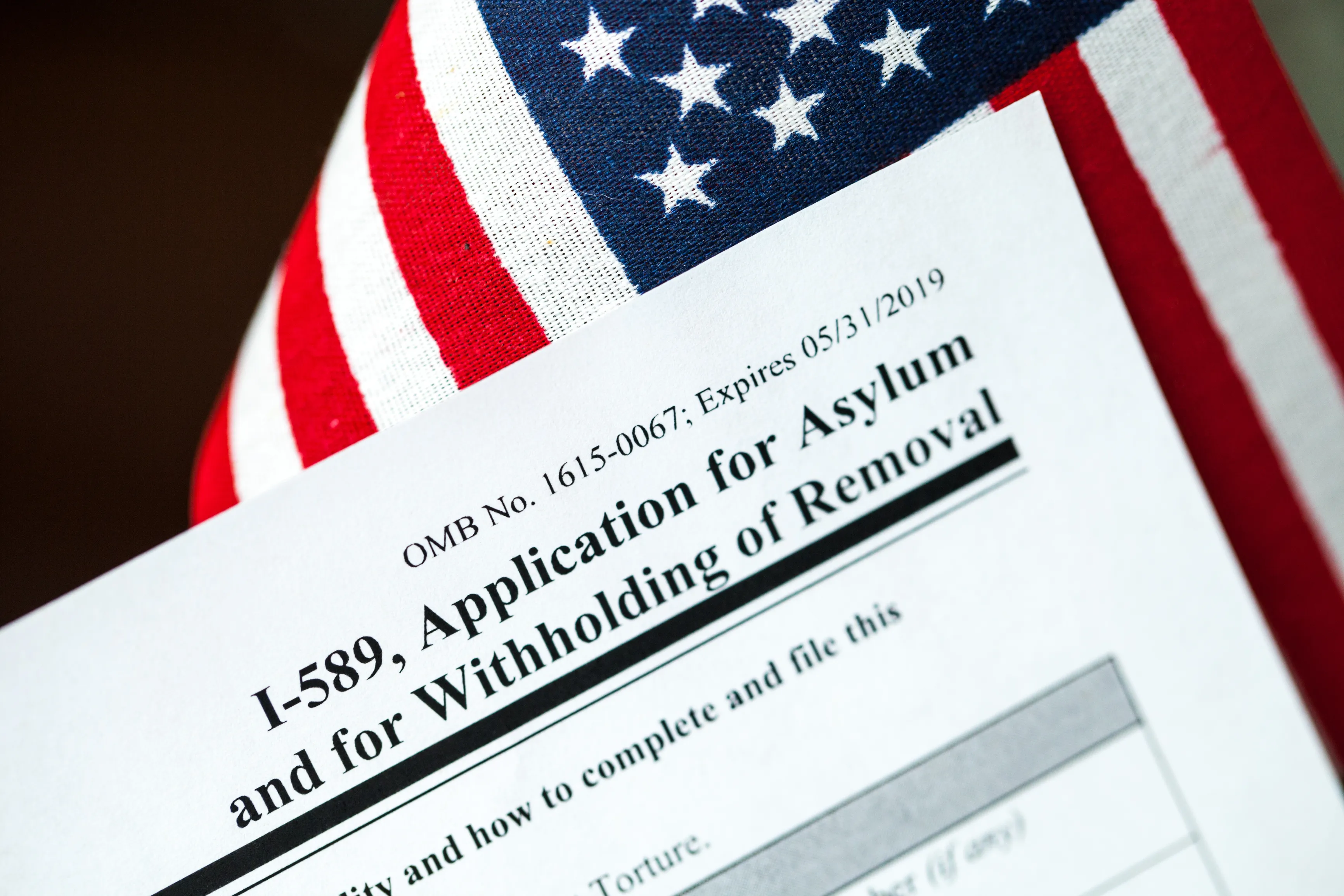
NPR, Colorado radio stations sue Trump to keep funding
© AlexLMX - iStock-823000260
NPR and three public radio stations based in Colorado are suing the Trump administration to halt an order cutting taxpayer funding for public stations.
The lawsuit filed on Tuesday argues President Donald Trump’s May 1 executive order to cease taxpayer funding of NPR and PBS is unconstitutional. In addition to NPR, Colorado Public Radio, Roaring Fork Public Radio in Aspen and KSUT Public Radio in Ignacio are plaintiffs.
The lawsuit says the order “violates the expressed will of Congress and the First Amendment’s bedrock guarantees of freedom of speech, freedom of the press, and freedom of association, and also threatens the existence of a public radio system that millions of Americans across the country rely on for vital news and information.”

© JJ Gouin - iStock-1642293566
The Trump administration has argued NPR and PBS are biased and partisan, and shouldn’t be funded with taxpayer dollars.
“Government funding of news media in this environment is not only outdated and unnecessary but corrosive to the appearance of journalistic independence,” the executive order states. “At the very least, Americans have the right to expect that if their tax dollars fund public broadcasting at all, they fund only fair, accurate, unbiased and nonpartisan news coverage.”
“No media outlet has a constitutional right to taxpayer subsidies, and the Government is entitled to determine which categories of activities to subsidize,” the order added.
The lawsuit by NRP and the radio stations asks the U.S District Court for the District of Columbia to declare the executive order “unlawful and unconstitutional” and vacate any agency actions to implement it.
According to NPR CEO Katherine Maher, NPR’s services are “core to the overall health” of public radio in the U.S.
“If stations are prohibited from using public funds to acquire NPR programming, our widely-respected reporting on veterans affairs, science, health, and education could disappear from local airwaves,” she said in a statement on Tuesday. “If NPR cannot receive funds for broadcast infrastructure, station service areas will shrink, dismantling universal service. And without public dollars, NPR's investment in rural reporting initiatives, collaborative regional newsrooms and award-winning international coverage would all be at risk.”
















